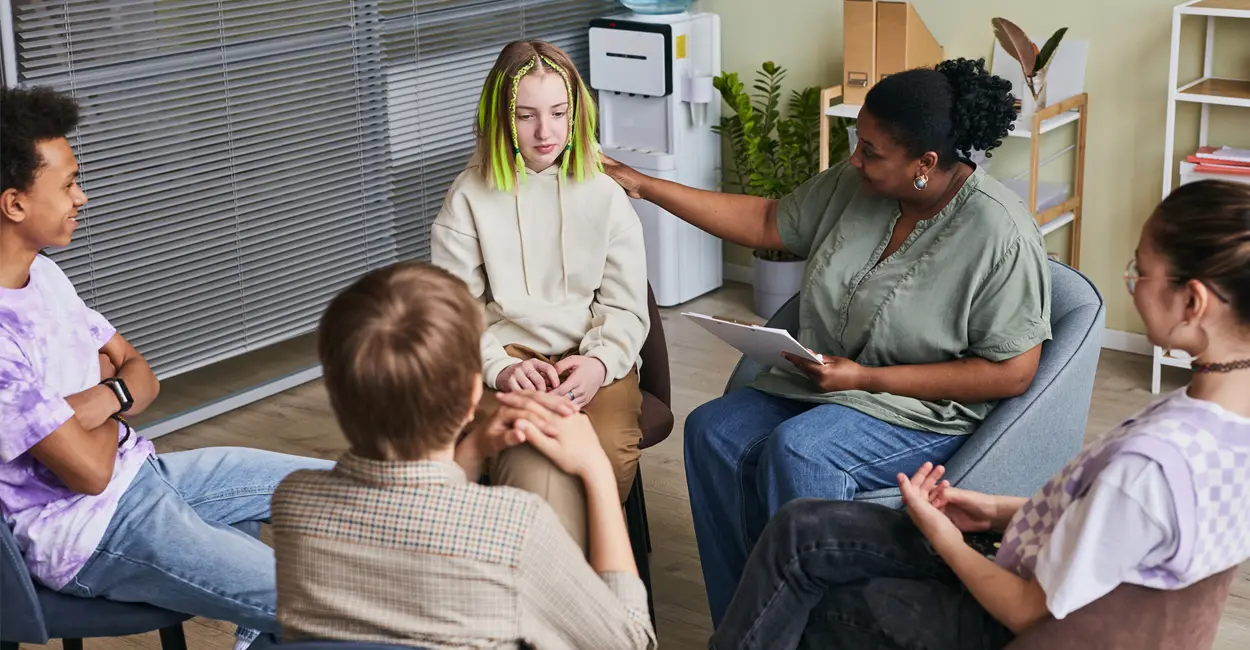24/7 Helpline:
(866) 899-221924/7 Helpline:
(866) 899-2219
Learn more about Residential Rehab centers in Butte County

Other Insurance Options

Lucent

Self-pay options

Magellan Health

GEHA

ComPsych

State Farm

MVP Healthcare

Absolute Total Care

Premera

BlueCross

United Health Care

AllWell

Excellus

Access to Recovery (ATR) Voucher

Group Health Incorporated

Horizon Healthcare Service

CareFirst

WellPoint

Meritain

Health Partners















Mental Wellness Centers
Mental Wellness Centers is a private rehab located in Arco, Idaho. Mental Wellness Centers specializ...
















